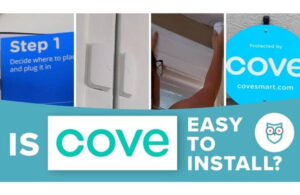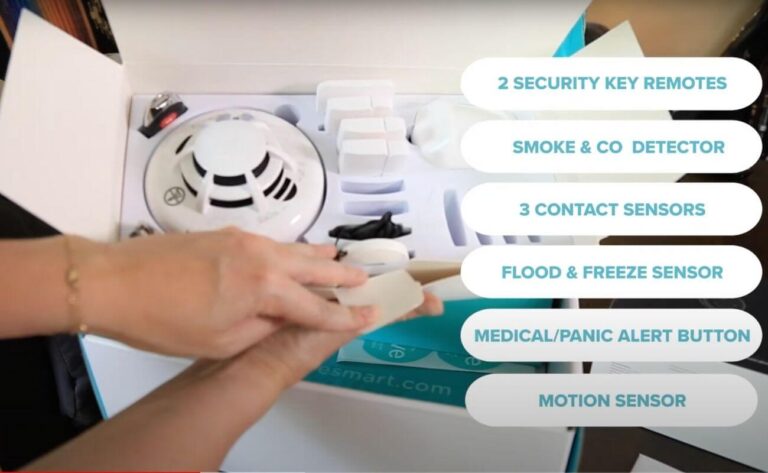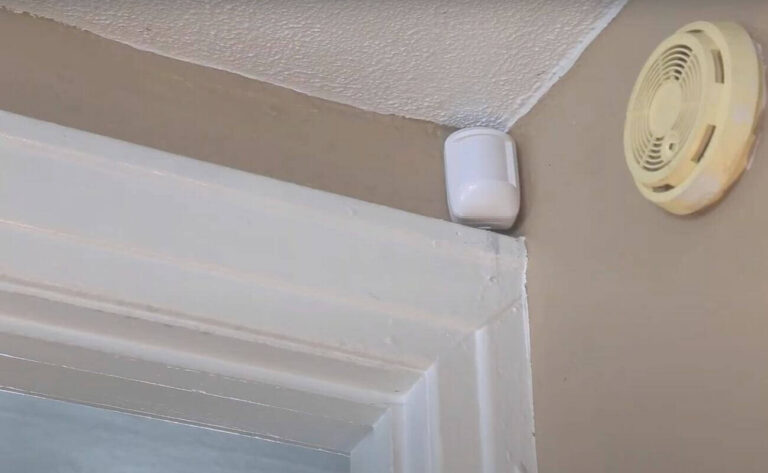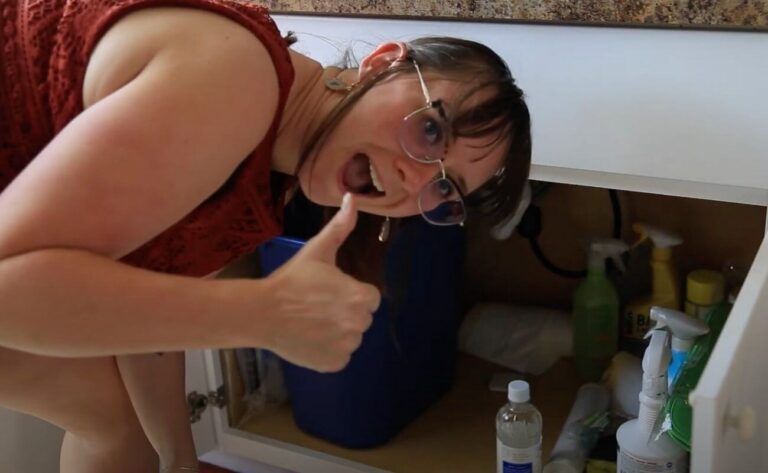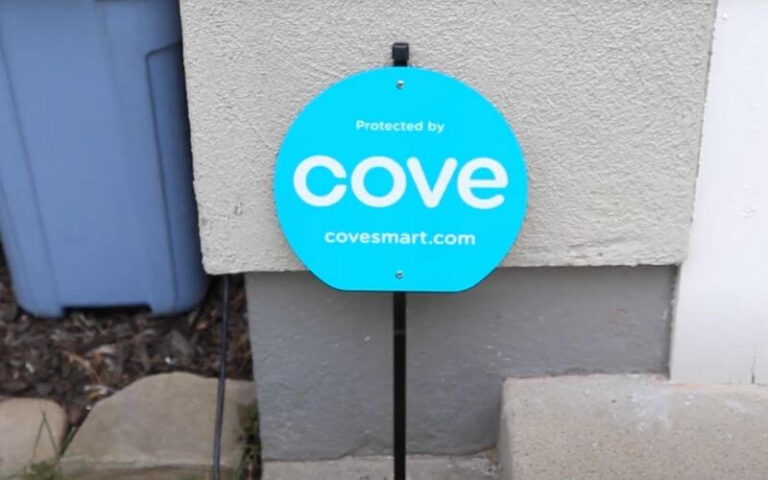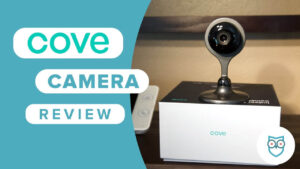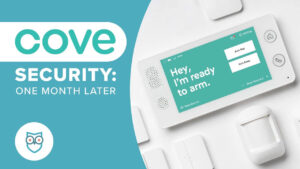Cove is a little different for everyone based on their style of home and what they want to protect against. Either way, the Touch Panel will walk you through installing every one of your sensors.
Once they’re in place, you’ll need to test them. First, we tested our motion sensor and three door sensors. Then we tested the key remotes, medical pendant, the smoke and carbon monoxide detector, and of course, the flood and freeze sensor.
When everything's installed and tested, the control panel will take you through settings. You’ll learn how to arm and disarm your system and how to navigate the panel itself.
Finally, it will connect you to the monitoring center to make sure everything's ready to go.
After you're done with the call, you're done setting up Cove!
And don't forget the yard sign or stickers either.
And that's it! Your Cove system should be online and ready to go.
In our experience, the Cove customer service and monitoring pros are always available and helpful. If something goes wrong with your installation, don’t hesitate to contact them.


